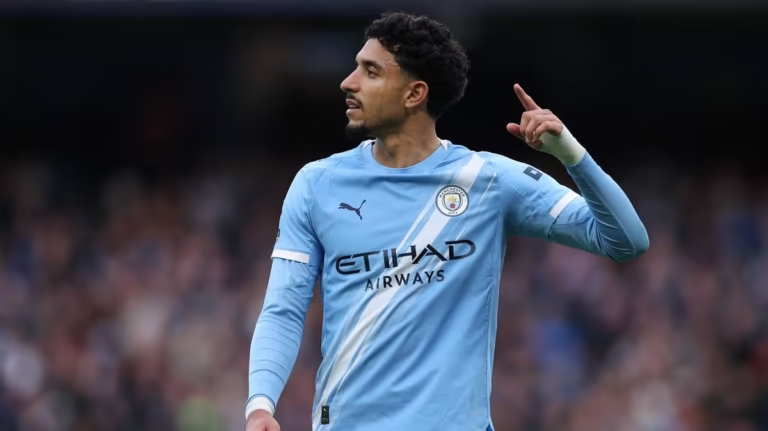
Caitlin Clark’s arrival to the WNBA is nothing short of historic, and her impact is already sending shockwaves through the league. Without even playing her first official game, the rookie sensation has captivated fans and shattered viewership records during the 2024 preseason. Her debut performance didn’t just meet expectations—it blew past them, ushering in what many are calling the start of a new era for women’s basketball. As her presence grows, so too does the tension among peers, with longtime rival Angel Reese reportedly unsettled by the media storm surrounding Clark’s meteoric rise.
The Indiana Fever’s preseason matchup against the Dallas Wings may have seemed routine on paper, but with Caitlin Clark on the court, it became the main event. Scoring 21 points alongside 3 rebounds and 2 assists, Clark’s performance was solid—but it was the massive television ratings that stole the show. ESPN reported a record-breaking 366,000 viewers tuned in, marking the most-watched WNBA preseason game in league history. The buzz was immediate—highlights flooded social media, tickets for Fever games surged in demand, and the league began shifting focus to meet the hype. The “Caitlin Clark Effect” wasn’t just real—it was redefining what a preseason game could mean.
Yet, while fans and analysts celebrated Clark’s breakout moment, the mood wasn’t as joyful across the board. Reports emerged that Angel Reese, the dynamic forward now with the Chicago Sky and Clark’s former NCAA adversary, appeared clearly frustrated when asked about Clark’s headline-grabbing performance. Though she didn’t address Clark directly, sources noted her dismissive reactions and tense responses. This moment reignited the rivalry that once dominated college basketball and suggested that the dynamic between the two young stars might continue to spark drama at the professional level.
At the heart of this narrative lies a broader discussion that’s unfolding within the WNBA. While Clark’s rapid ascension is undeniably drawing attention and boosting league interest, it’s also revealing simmering tensions around representation, recognition, and fairness. Some voices within the sport feel that Clark’s overwhelming media attention is disproportionately large, overshadowing the talents and contributions of other players, particularly women of color. The debate intensified following her recent omission from the USA Olympic roster—a move that drew widespread backlash for Clark but stirred little conversation about others who were also left out, including Reese.
Despite the controversy, there’s no denying the power of fan support. Caitlin Clark’s influence is propelling women’s basketball to new heights. Merch sales are skyrocketing, her games are among the most anticipated of the season, and her demeanor—gracious, focused, and calm—has only amplified her appeal. As Clark continues to steer the spotlight her way, the league faces a pivotal opportunity. It must find a way to celebrate this moment of growth without alienating other stars. If managed well, this could mark the beginning of a transformative chapter for the WNBA—one where rivalries ignite passion but unity drives progress.



